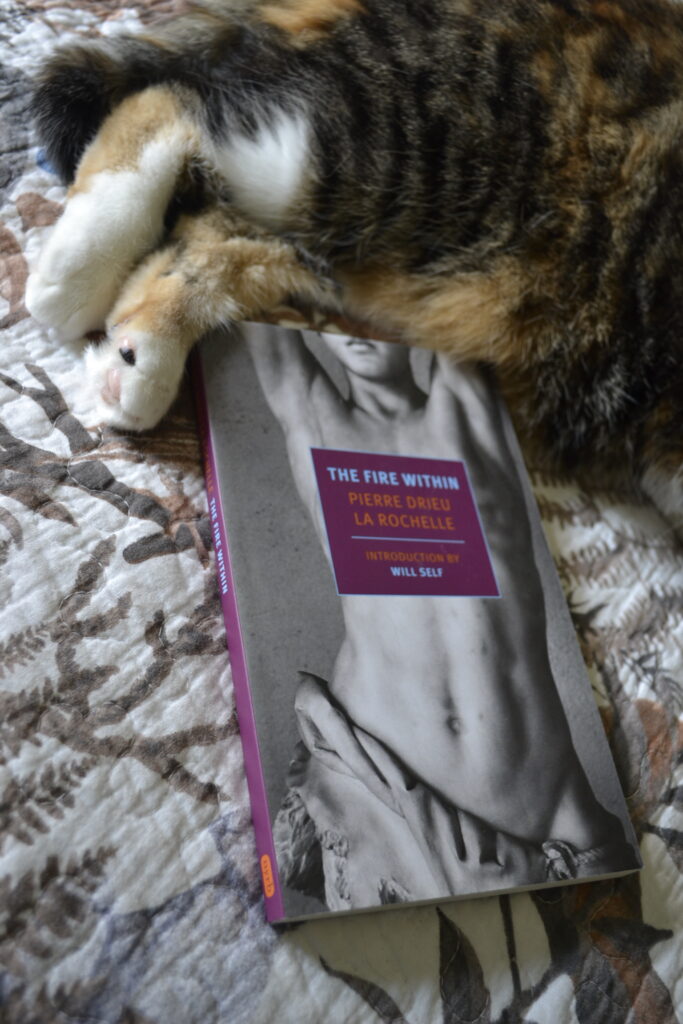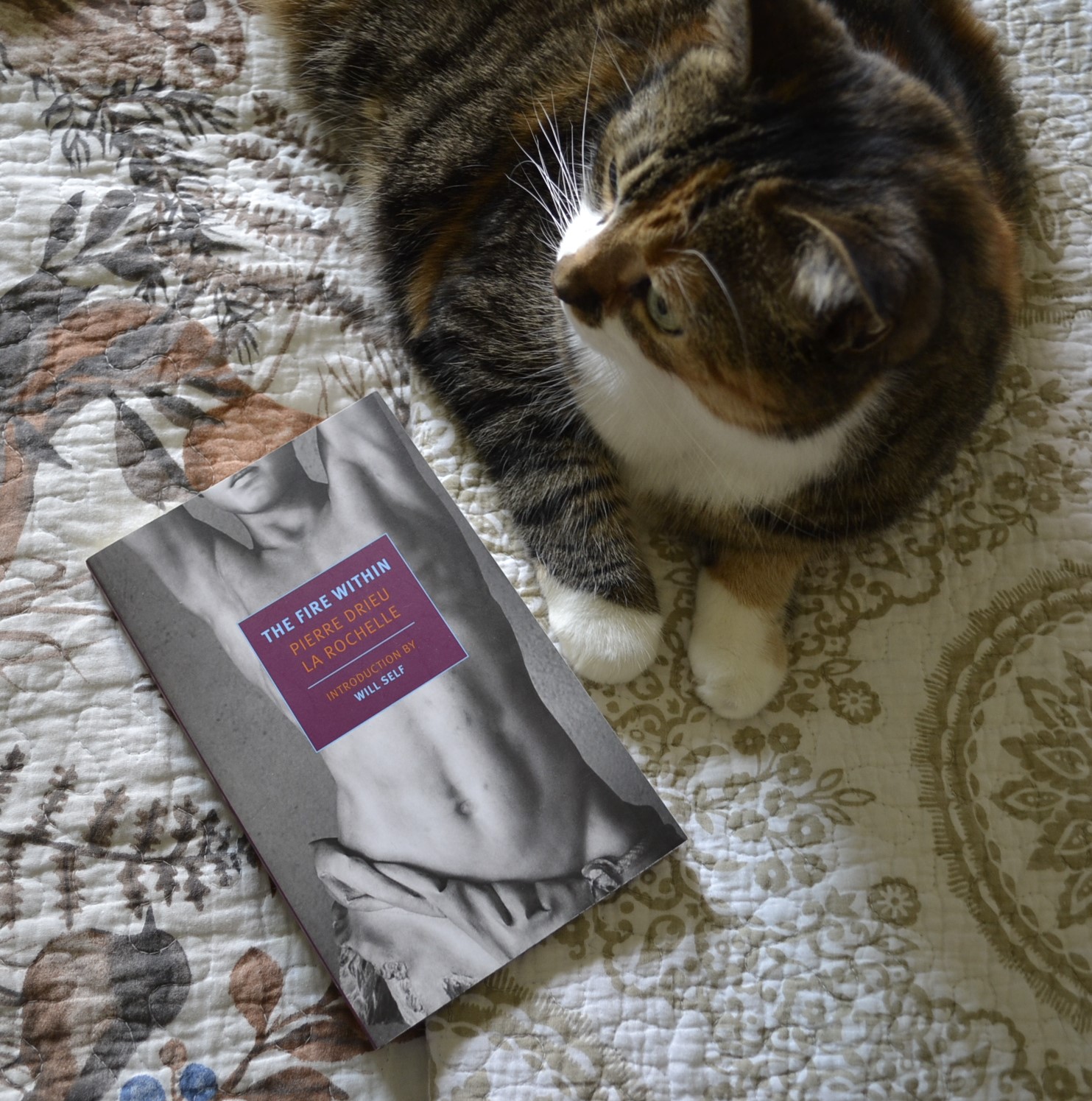Unexpected Travel
This week we got news that will mean we are travelling to our hometown unexpectedly. I used to have nightmares about these scenarios and all they bring. The removal of days worth of workweek and the lack of schedule that no amount of careful planning can fully prepare for. So, though the reason for going is unfortunate, I’m actually surprised that my anxiety hasn’t really gotten that much worse. True, I am looking at the coming events with some nervousness, but not with any real sense of dread.
I don’t feel like the world is ending. I don’t feel like nothing will ever be right again. I don’t feel like I’ll always feel like I lost so much time. Instead, I find myself content to just let things happen. It’s a calm acceptance that I am unused to from my usually uncooperative brain that absolutely loves to catastrophize. I’m trying to be grateful and not be on guard for the moment when the delayed distress comes through.
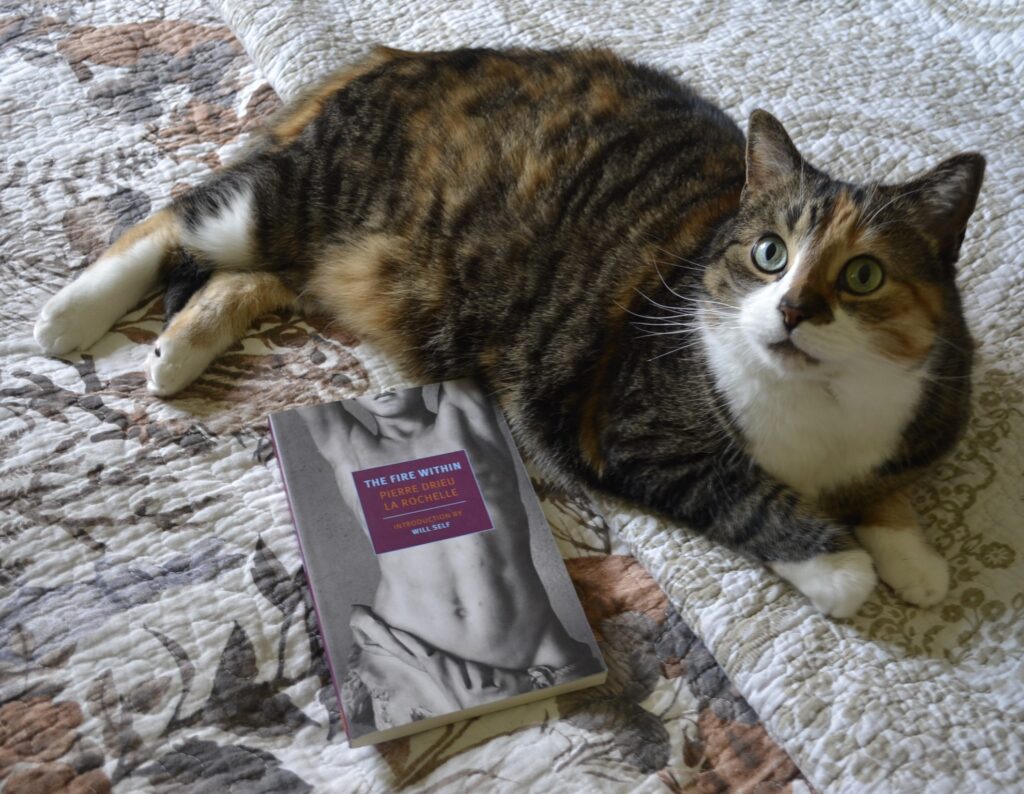
Literature Between the Wars
I’ve always found literature between the wars (that being literature produced between 1918 and 1939) particularly compelling. It’s a time where writers were not only questioning what could be published and the bounds of what could be discussed in a literary novel (see D.H. Lawrence and James Joyce), but they were also invested in exploring a lingering feeling of disorientation and a search for meaning in the wake of the first world war’s atrocities and aftermath.
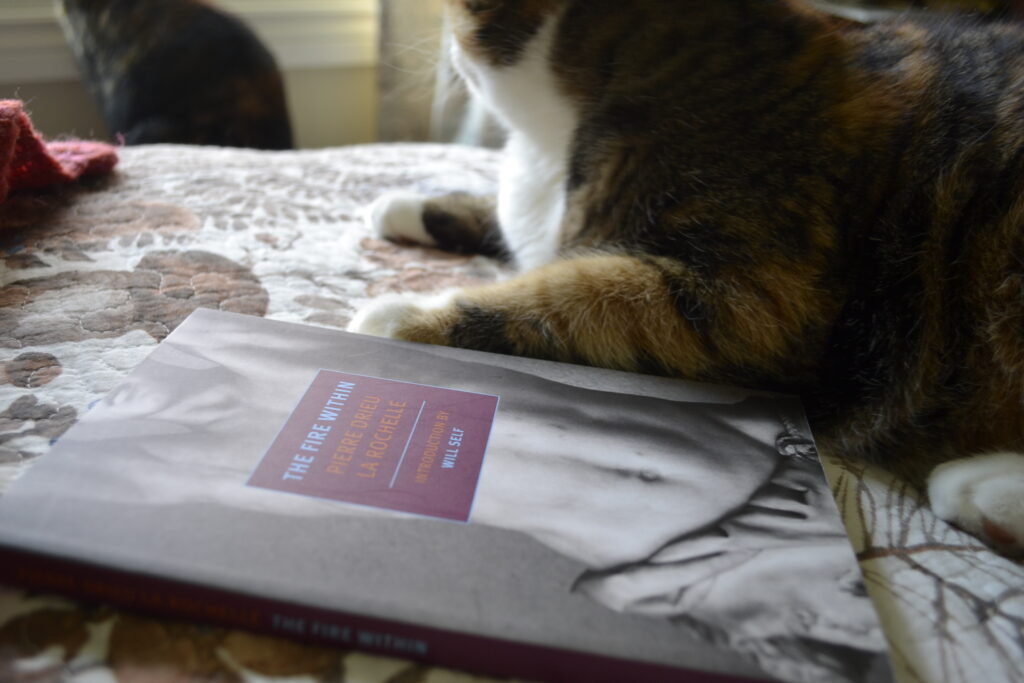
Pierre Drieu La Rochelle’s The Fire Within (Le Feu Follet) is a work that builds on themes of alienation and of youth on the wane as veteran of WW1 Alain Leroy wanders Paris. He has been institutionalized and addicted to drugs for quite some time, and he feels that he is on the verge of losing his looks and his status as he continues to fail to meet expectations. Leroy is at a crossroads and finds it impossible to continue or to remain. But what can he possibly do to put the broken pieces of his existence back together?

Who is Alain Leroy?
Based on many a summary (including my own), it would be very easy to see Leroy as some kind of antihero. To want him to get it together and make something of himself despite what his life has become. But it is not that simple. Leroy is meant to be difficult and unlikeable as he flounders with his lack of money and lack of importance. He takes advantage of people. He doesn’t care about much other than his looks and where his next fix is coming from. He is very sad, but it is a sadness that seems shallow and tiresome. Leroy is not a character that the reader wants to see get what he wants.
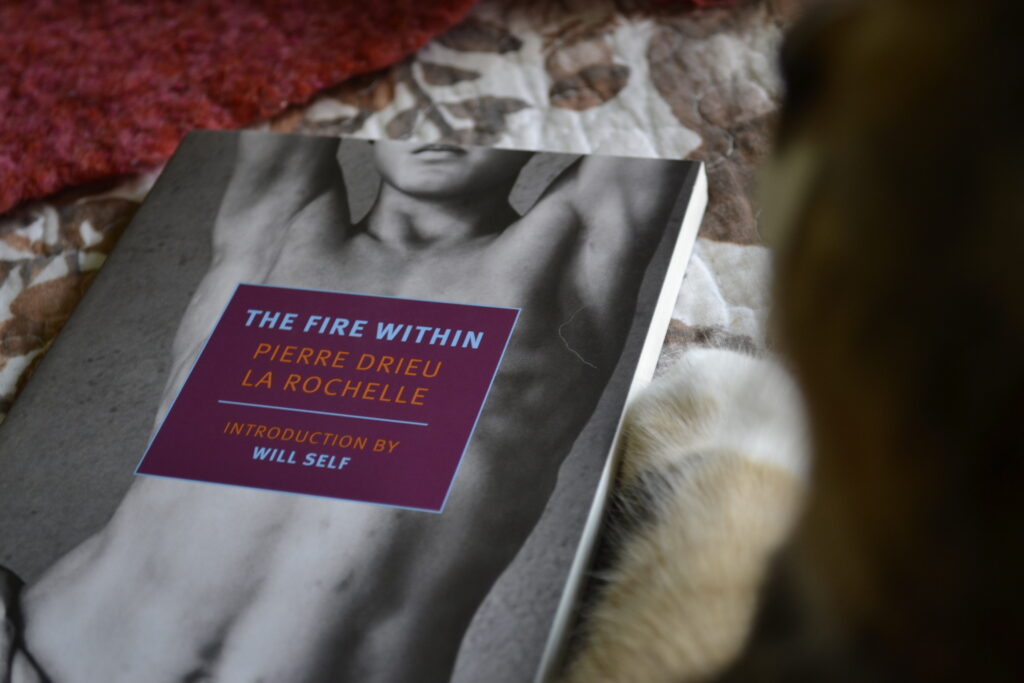
But that is part of the point. Drieu wants us to look beyond Leroy’s repugnance and question just how much of it is a result of who he is and just how much is a symptom of the times he is living in. How much did the war take out of this man and what could he have accomplished if his youth hadn’t been stolen? Did Leroy come back from the trenches transformed or was this always who he was? At its core, this novel is a character study — and a fantastic example of one.
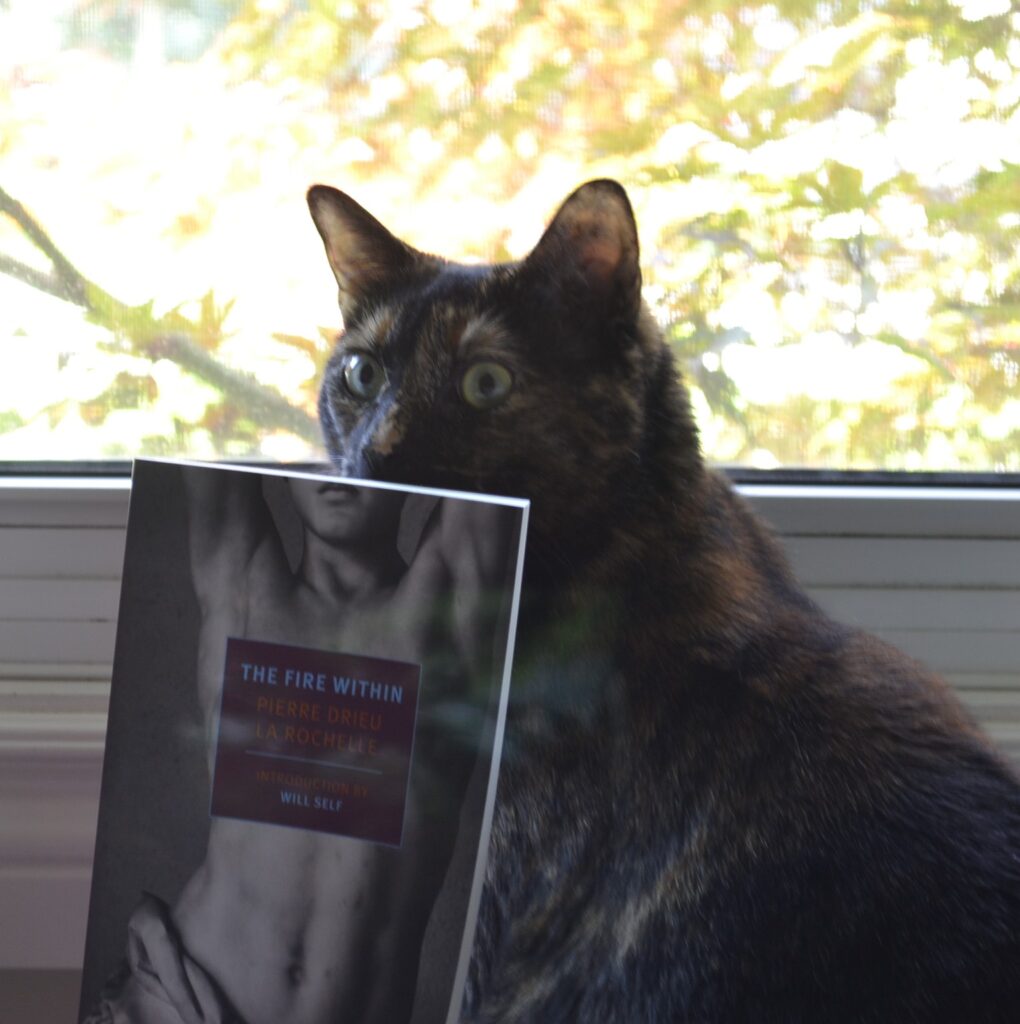
What an Ending!
Too often I have read novels from this period that have a dissatisfying conclusion. I can appreciate the reasons behind some of them. A bleak narrative with a lacerating ending would have been a difficult sell in a period that was concerned with recovery and leaving trauma behind. (I am referring to popular books only here.) Examining what the war had wrought and how lost people were because of it was sometimes only acceptable because there was a proposed light at the end of the tunnel.
Drieu does not provide any light. He does not provide reassurances or any kind of answer for what Leroy has gone through or how he is going to get through it. He doesn’t get through it. Things don’t get any better. There is no recovery. It’s not a happy ending but it is stark and beautiful and it took guts to write it without apology or any attempt at softening the brutality of it. In my opinion, it is the ending that makes the journey of the novel entirely worth it and solidifies the meaning of the entire piece.
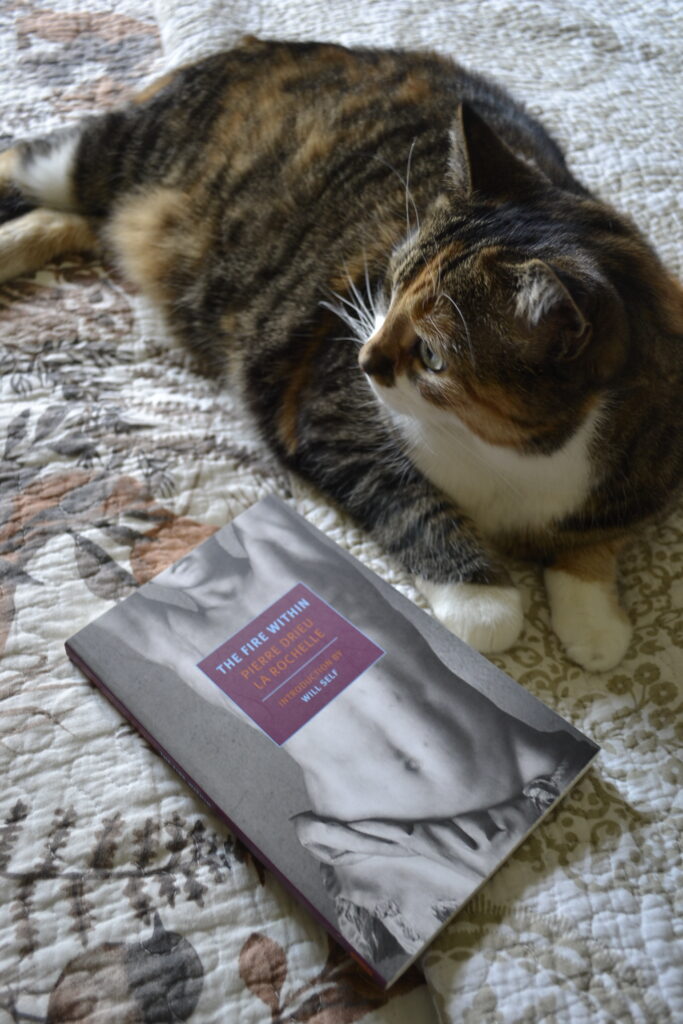
The Little Car that Could
Something amazing happened this week. We brought our little brave aged car in for an oil change and there was nothing additionally wrong with it! I can barely believe it. I think the oil change before this featured an oil leak and the one before that meant replacing a large section of the exhaust system. We did have to fix a window wiper and change a filter, but that was basically it. We didn’t even have to take the bus home. It’s incredible what life can hand you when it feels like you are finally prepared for the car-based worst of it.
